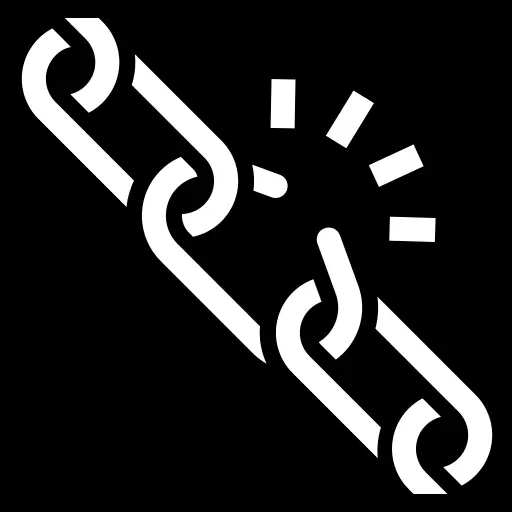I think I agree with Robin D.G. Kelly that we can work toward and organize for abolition under capitalism, but that abolition itself also requires that capitalism be abolished alongside the police and prisons. Capitalism needs police and prisons to absorb surplus populations and as a means to keep proletarian unrest under foot. Capitalism cannot survive if prisons and police are abolished. Likewise, police and prisons need the wealth expropriated from the working class in order to maintain the police and prisons, as these things do not produce value in of itself.


Any interest in returning to this conversation? I’m involved in abolitionist organizing in Arkansas, USA, but after recently reading The State and Revolution, I’ve gotten kinda shaken about this very question posed by @[email protected]. I will write a bit below about some of the important take-aways from this text, but in the case of tl;dr I guess what I’m especially interested in is this conversation that Robin D.G. Kelly encourages. Could you drop some links to where Kelly says this, whether that’s in these comments or in their own posts? Looking forward to it :) -Clairexo
In The State and Revolution, the key points about policing are made by way of Engels and Marx, quoting from The Origin of the Family, Private Property and the State:
The modern state has two distinguishing features: dividing its subjects according to territory, and establishing a public power. Regarding the latter:
As @[email protected] noted, prisons aren’t unique to capitalist societies; they are necessary to any authoritarian system. An authoritarian system requires prisons and policing in order to manage political dissent. A capitalist system, to whatever degree it’s clearly authoritative, requires prisons and policing in order to maintain some form of equilibrium amid the inherent antagonism between classes. Since I’ve just recently begun studying Marxism, I’m partial to the argument that capitalism’s end comes through a workers’ revolution, and that the revolutionaries will require systems of force such as an army in order to engage in self-defense lest the bourgeoisie regain power. I’m open-minded about this, I just haven’t yet had any conversations with people who are both serious about PIC abolition and informed in the basic theories of political economy underlying Marxism.
When it comes to building an army for self-defense, I’ve been impressed by the system described in Homage to Catalonia where ‘ideologues’ were responsible for political and military discipline, who as opposed to Soviet commissars, had no authority to punish or imprison. A combination of a chaplain and nco, their job was to maintain morale and observe that humanitarian and anarchist principles were observed even at the point of contact with the enemy.
It should be noted in the early days of the Makhnovshchina and the Spanish Civil War, conscription wasn’t necessary. The YPJ is another all-volunteer military formation. The Spanish anarchists whose lightning mobilization stopped the coup and made up the ranks of most of the early military fronts were all volunteers, joining as affinity groups or mobilized from syndicate organizations.
Another example of how abolition can support revolution, one of the first adventures of the Iron Column during the Spanish Civil war was the liberation of San Miguel de los Reyes prison and burning its records. Many of the prisoners released joined the force. Several key militants in the fight were survivors of incarceration, such as Buenaventura Durruti.
As the Fascists were re-enforced by Hitler and Mussolini, and every government but Stalin’s abandoned the Republican forces, the situation on the ground changed. Conscription and the replacement of Ideologues with Commissars happened at the same time, one could argue that neither institution could exist without the other.
While Nestor Makhno’s insurgent army was fueled by the social revolution it enabled, its tactical innovations that lead to early successes and Makhno’s force of character were unique features that also drove enlistment. In its later days it is true that they began pressing men into service. Available now in hindsight, a common feature as both armies were falling back on conscription was that the revolution they were fighting for was already a lost cause.
Mass mobilization for self-defense is not incompatible with revolution and abolition, and does not necessarily imply systems of coercion.